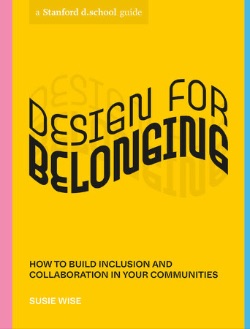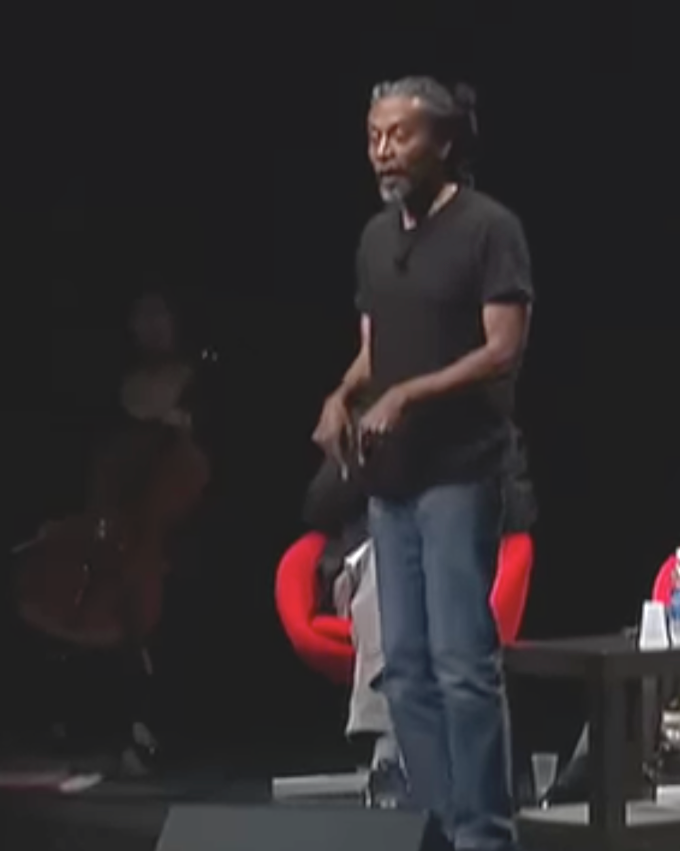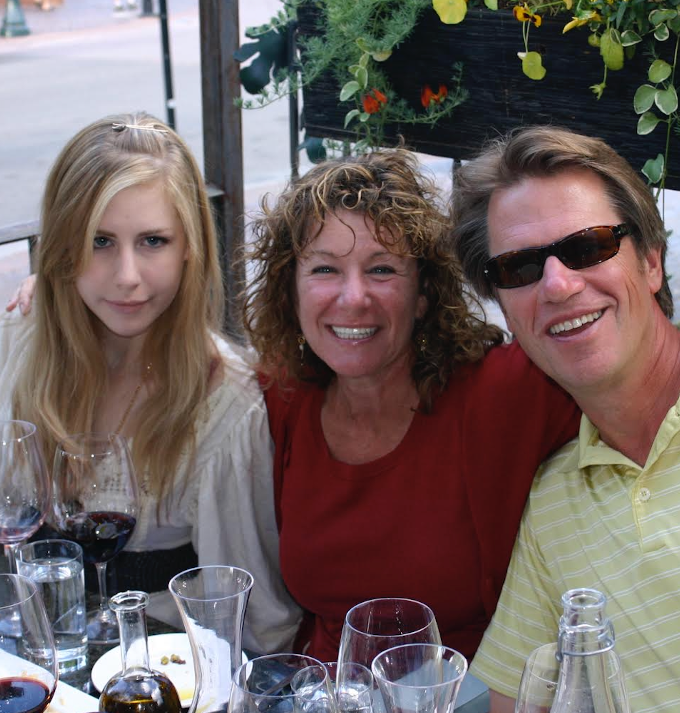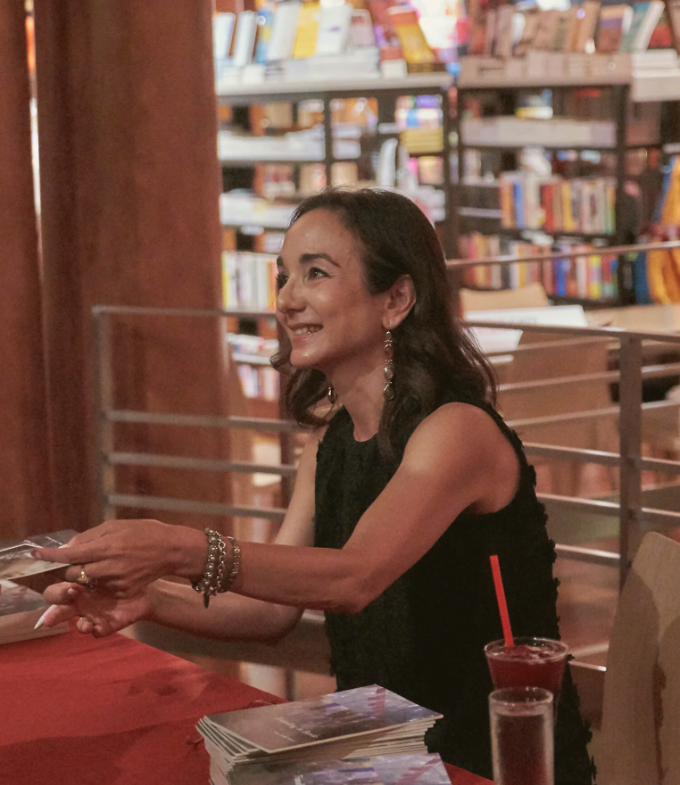July 11, 2025
Learning
Learning to cultivate the hidden strengths of people and societies
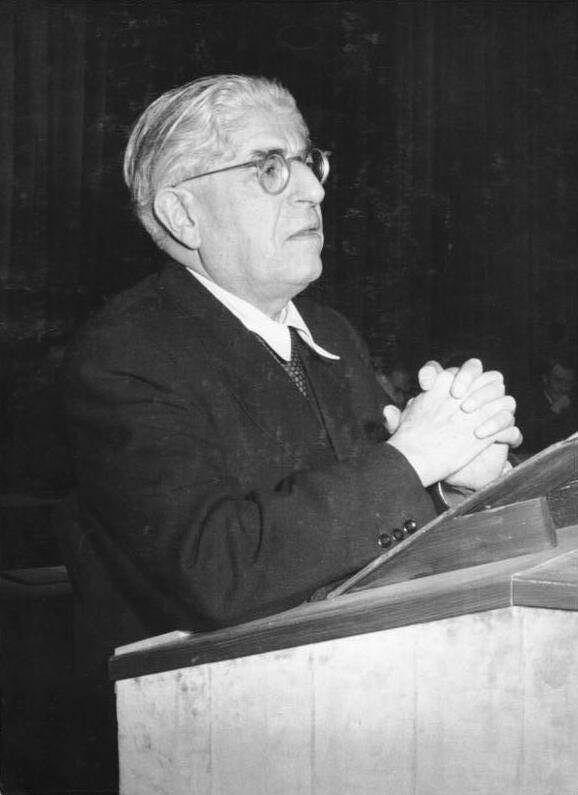
Professor Dr. Ernst Bloch delivered the opening address at the Deutsche Begegnung der Geistesschaffenden (“German Encounter of Intellectuals”), a 1954 gathering of more than 500 participants from diverse religious and political backgrounds. The event aimed to foster dialogue and mutual understanding among Germans in the postwar era. Photo via CC.
Ernst Bloch was a pioneering thinker on utopia, hope, and the role of human aspiration in shaping history and society. Born in 1885, he studied philosophy, German literature, experimental psychology, physics, and music, drawing influence from Jewish mysticism and the Kabbalah.
He was prolific, though often dense, so I’ve come to rely on summaries and interpretations by others—such as this article by Jack Zipes.
I’m especially drawn to Bloch’s concept of the Not-Yet-Conscious—a psychological and ontological drive that compels individuals and societies to imagine and strive for a better world. He described this state as the “psychic birthplace of the new,” where creative, utopian, and transformative impulses arise.
According to Bloch, art and literature are vital expressions of the Not-Yet-Conscious. They are the mediums through which unrealized hopes, dreams, and possibilities are articulated, even when they cannot yet be fulfilled. These creative forms capture the anticipatory dimension of human experience—our longing for transformation and a more just future.
Bloch considered art and literature to be carriers of utopian longing. He called this capacity “anticipatory illumination”—glimpses of what might be possible, lighting the way forward for human aspiration and social change. Through stories, images, music, and other creative works, people can sense and share imagined futures, making the not-yet-conscious visible and collective.
Importantly—and especially relevant today—this idea offers a foundation for an optimistic, forward-looking approach to history, culture, and politics.
Bloch’s Not-Yet-Conscious resonates deeply with me. It’s a powerful lens for understanding how we can imagine—and begin to realize—a better future.
